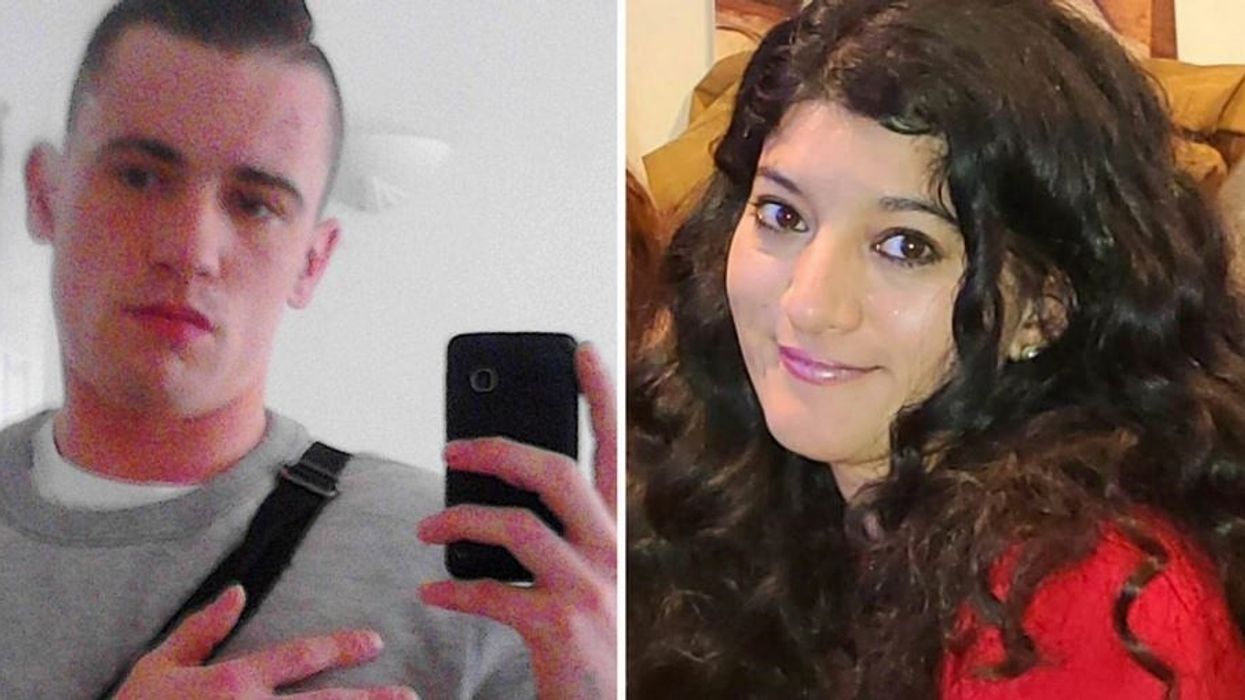THE inquest into Zara Aleena's death revealed that her killer, Jordan McSweeney, had been accused of multiple offences during his imprisonment the previous year.
McSweeney, a sexual predator with 28 prior convictions, murdered the 35-year-old law graduate as she walked home in Ilford, east London, in June 2022. He had been released on licence just nine days earlier.
During the inquest, it was disclosed that McSweeney had faced accusations of violent assaults and drug offences while in jail. However, his prison offender manager did not share this information, claiming he was unaware of these incidents, reported the BBC.
The inquest revealed McSweeney's history of violent and drug-related offenses while in prison in 2021, information that was not communicated by his prison offender manager, Emmerson Cole, due to a lack of awareness.
Meanwhile, probation manager Austin Uwaifo admitted that he should have classified McSweeney as high risk for causing serious harm rather than medium risk.
He testified at east London Coroner’s Court that McSweeney had misled him about his behaviour in custody. Despite initially noting McSweeney as a high risk in a report for the housing team on 10 June, Uwaifo ultimately recorded him as a medium risk to the public.
Uwaifo acknowledged that a high-risk assessment might have led to stricter measures, such as a curfew.
Earlier, Coroner Nadia Persaud said that between March and October 2021, there were 15 or 16 intelligence reports on McSweeney, including allegations of assaulting others with improvised weapons and drug use, with one report describing him as “too high to walk.”
Despite numerous reports, his prison offender manager never met him and only communicated via letters, attributing to limited interaction due to Covid-19 restrictions.
A second prison offender manager, Peter Kerr, who took over when McSweeney was moved to HMP Belmarsh, admitted to not prioritising his case due to a heavy workload. Upon his release, McSweeney failed to attend probation appointments, leading to a delayed recall process.
McSweeney's recall to prison was not processed swiftly, leaving him free to commit the murder on June 26, 2022.
The inquest highlighted systemic communication failures within the prison and probation services, contributing to Aleena's death.
The investigation continues to scrutinise the lapses that allowed a high-risk offender to remain at large.
McSweeney was released on licence from prison on 17 June 2022. After violating his licence conditions, the process to recall him to prison began on 22 June. However, the recall report wasn't signed until two days later. He remained free until 26 June, when he murdered Aleena.





